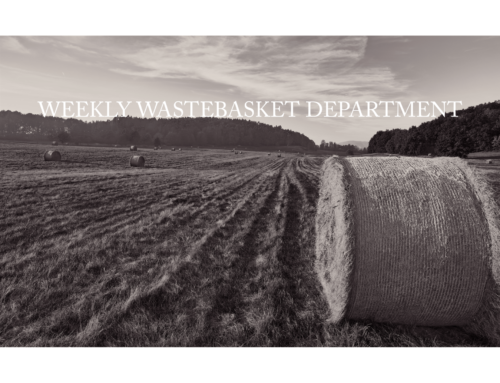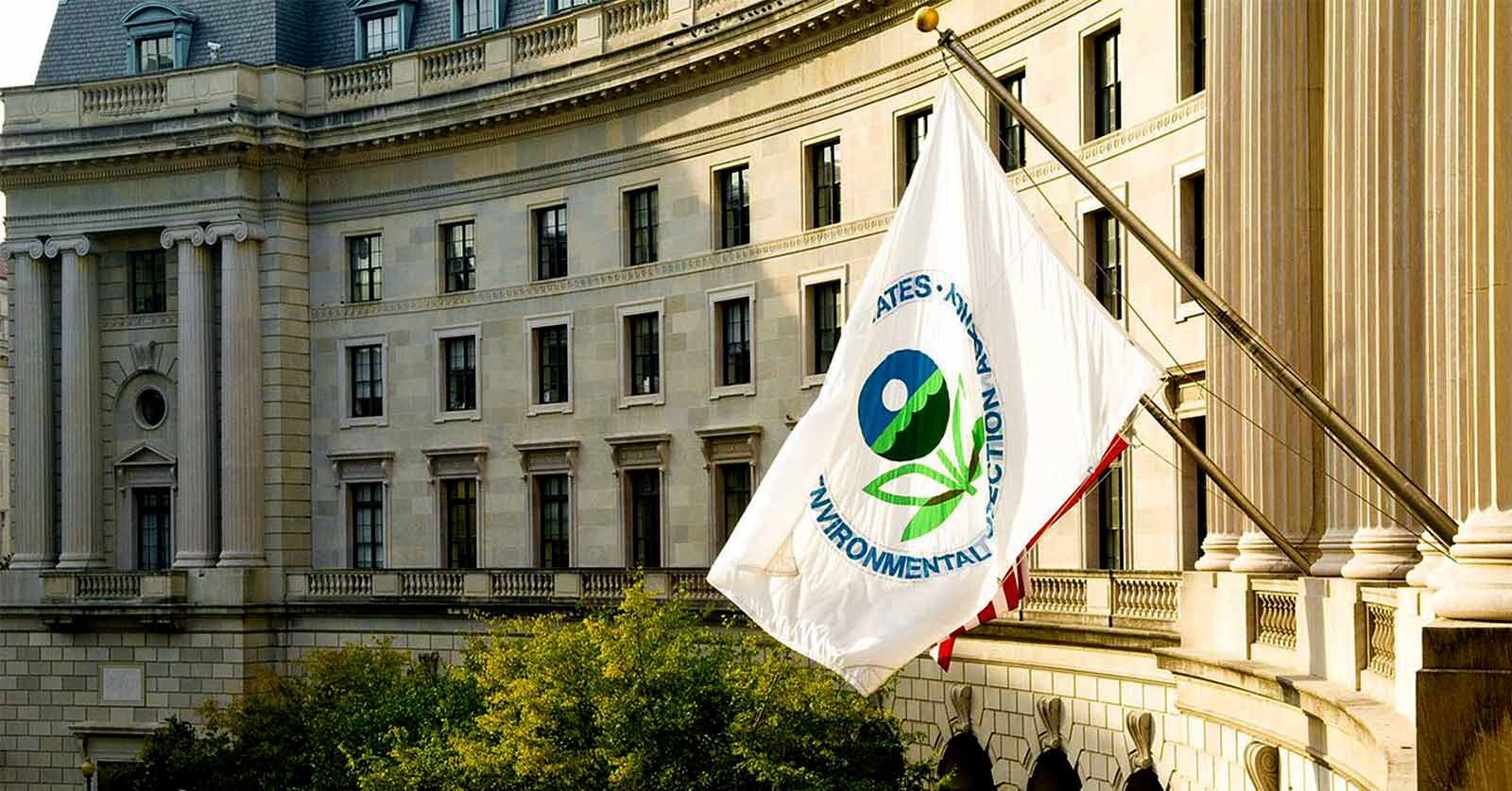President Trump’s trade war has incurred real costs. Taxpayers took a hit when the Trump Administration authorized a whopping $28 billion in unbudgeted spending to buy political goodwill and mitigate the economic damage in farm country. Businesses have also taken a hit due to the increased tariffs on imported products, especially from China. The President’s Budget Request, however, appears to discount the effects of the trade war.
A quick glance at the budget details shows that the amount of customs duties (a.k.a. tariffs) American companies paid on imports doubled from $35 billion in FY17 to more than $70 billion in FY19. Casual readers may overlook how this directly corresponds with the president’s imposition of new tariffs in his multi-front trade war. But we can see the connection clearly: Tariffs on imported steel and aluminum were imposed in March 2018. Tariffs on imports from China were imposed in July, August, and September 2018. Then raised in 2019. And the president has celebrated this increase in U.S. company-paid import taxes by stating that China is paying for the tariffs. Except governments don’t pay tariffs. People do.
The president’s budget proposals, however, have been slow to acknowledge the reality on the ground. The FY19 budget request, released in February 2018, projected no drastic increase in future customs duties. The request projected the collection of customs duties to total $44 billion in FY19 with gradual increases thereafter. Customs duties collected in FY19 totaled $71 billion, a difference of $27 billion. On page 303 of the “Analytical Perspectives” the Office of Management and Budget (OMB) explained the discrepancy between their budgetary projection and reality. In the case of customs duties, the increase was all attributed to “Technical” factors with “Economic” and “Policy” changes actually reducing revenue by less than $500 million and $2 billion, respectively.
Uhhhh….what?
Describing a $27 billion (61 percent) underestimate of taxes paid on imports as a “technical” factor has to be the biggest understatement of the year. In fact, it’s intentional misdirection. Revenue generated by customs duties skyrocketed because of politically driven policy decisions undertaken by the Trump Administration. They chose to increase tariffs to use them as a bludgeon in the trade war. You can debate the merits or utility of tariffs, as we have , but arbitrarily and capriciously ramping up tariffs is a policy decision, not a “technical” correction.
The revenue projections in this year’s budget proposal seem to indicate OMB still hasn’t woken to the brave new world of tariffs and counter tariffs in which we now live.
Projected Customs Duties by Budget Proposal
| FY18 | FY19 | FY20 | FY21 | FY22 | FY23 | FY24 | FY25 | FY26 | FY27 | FY28 | FY29 | FY30 | Total | |
| FY18 Budget | 40 | 42 | 43 | 44 | 46 | 50 | 53 | 56 | 60 | 65 | 499 | |||
| FY19 Budget | 44 | 47 | 48 | 50 | 51 | 52 | 53 | 55 | 56 | 58 | 514 | |||
| FY20 Budget | 48 | 45 | 48 | 51 | 54 | 57 | 60 | 63 | 66 | 69 | 561 | |||
| FY21 Budget | 54 | 43 | 44 | 45 | 47 | 48 | 49 | 50 | 52 | 52 | 484 |
The budget proposal projects yearly customs duties to be below what they were before the trade war began. The FY18 budget projected customs duties to continuously rise from $40 billion in FY18 to $65 billion in FY27. Yet the FY21 budget projects customs duties to be $54 billion in FY21, drop, and then steadily rise again to $52 billion in FY30. Even with a “Phase One” trade deal with China, the bulk of tariffs increased during the trade war are still in place. There is also plenty of worry that China will be unable to fulfill the terms agreed to in the deal. And the president indicated reverting to increased tariff rates is a real possibility.
The notion that tariff costs for American businesses will be lower than before the trade war started is fanciful. The president has shown he uses tariffs as a tool of first resort to achieve his foreign, and even many domestic, policy goals. Steel and aluminum tariffs against the European Union are still in effect. Just one week ago these were expanded to cover not just raw materials but finished products like nails and cables. The long-running dispute over subsidization of Boeing and Airbus means that products ranging from Airbus airplanes to Italian cheeses, French wines, and both Irish AND Scotch single malt whiskies are at risk of becoming prohibitively expensive. The president has threatened to tax French products in response to France’s digital services tax. The Department of Commerce has found, but failed to release the report, that automobiles and auto parts are a national security threat; threatening tariffs on $60 billion of imports from the European Union. Tariffs were threatened on Mexico and then Guatemala unless they required migrants to seek asylum in the respective countries instead of fleeing to the United States. Tariffs were threatened on Turkey unless the country handed over an American pastor accused of espionage.
The self-described Tariff Man has shown he likes to use tariffs and he thinks they work. Increased tariffs are here to stay. It’s time for OMB to make some internal technical corrections to acknowledge this (costly) policy reality.














Get Social